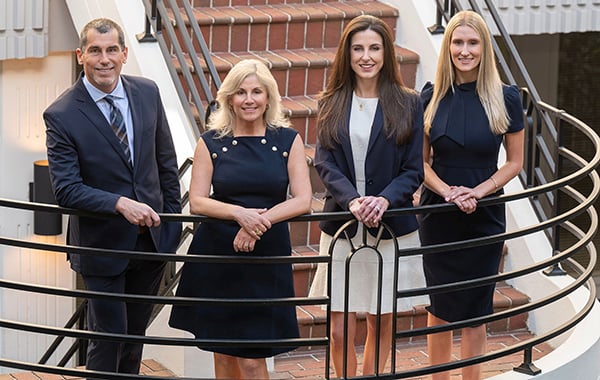FAQs For Snowbirds And Retirees In Florida
Retirees have always made up a large percentage of our clients. Florida has no state income tax, no estate tax and a desirable homestead tax exemption. Add to that gorgeous beaches, world-class golf courses, a variety of shopping alternatives, quality health care services, plenty of parks and open spaces, and a wide variety of cultural experiences, and our Sarasota/Manatee area is a clear winner.
Whether you are looking for a gated community with an assortment of amenities or a peaceful neighborhood without deed restrictions, we recommend that you work with an experienced real estate agent who can assist you in narrowing down the alternatives. There are many lifestyle choices for retirees in our market, with several more under development. Once you decide upon a community, our attorneys are here to explain how the closing process may differ from your state of origin, to help you understand the subdivision restrictions, and to review your purchase contract before you sign it.
Q. We plan to purchase a new home from a nationwide builder. The contract is almost 50 pages and the sales representative said that we don’t need a lawyer. Do we?
A. The quick answer is that, unlike in some other states, there is no requirement that a buyer hire a lawyer for a real estate transaction. However, these types of contracts are generally drafted in favor of the seller with little room for negotiation. A lawyer will explain your rights and obligations under the contract and let you know what rights you may be waiving. A lawyer will also explain the documents affecting title to your property and will review the closing documents on your behalf.
Q. We plan to keep our home up north and divide our time between two states. How do we prove our Florida residency?
A. Those seeking to become Florida residents must register to vote in Florida, change their driver’s licenses and motor vehicle registrations, and file their federal income tax returns from their Florida address. You may also file a Declaration of Domicile with the local county clerk of court.
Q. The sale of my home up north will result in a large capital gain. What happens if my new Florida home isn’t complete within two years?
A. When you sell your primary residence, the capital gain on the sale may be exempt from capital gains taxation. Based on the Taxpayer Relief Act of 1997, if you are single, you will pay no capital gains tax on the first $250,000 you realize when you sell your home. Married couples enjoy a $500,000 exemption. There are, however, some restrictions on this exemption. One is that you must have occupied the residence for periods aggregating at least two of the last five years. This exemption is only allowable once every two years.
Q. I wish to avoid the time and expense of probate upon my death. Should I add my children to the title when I purchase my retirement home in Florida?
A. Taking title to your new home with your children is one way to avoid probate, but there are other methods as well. You may want to consider setting up a revocable trust or setting up an enhanced life estate.

